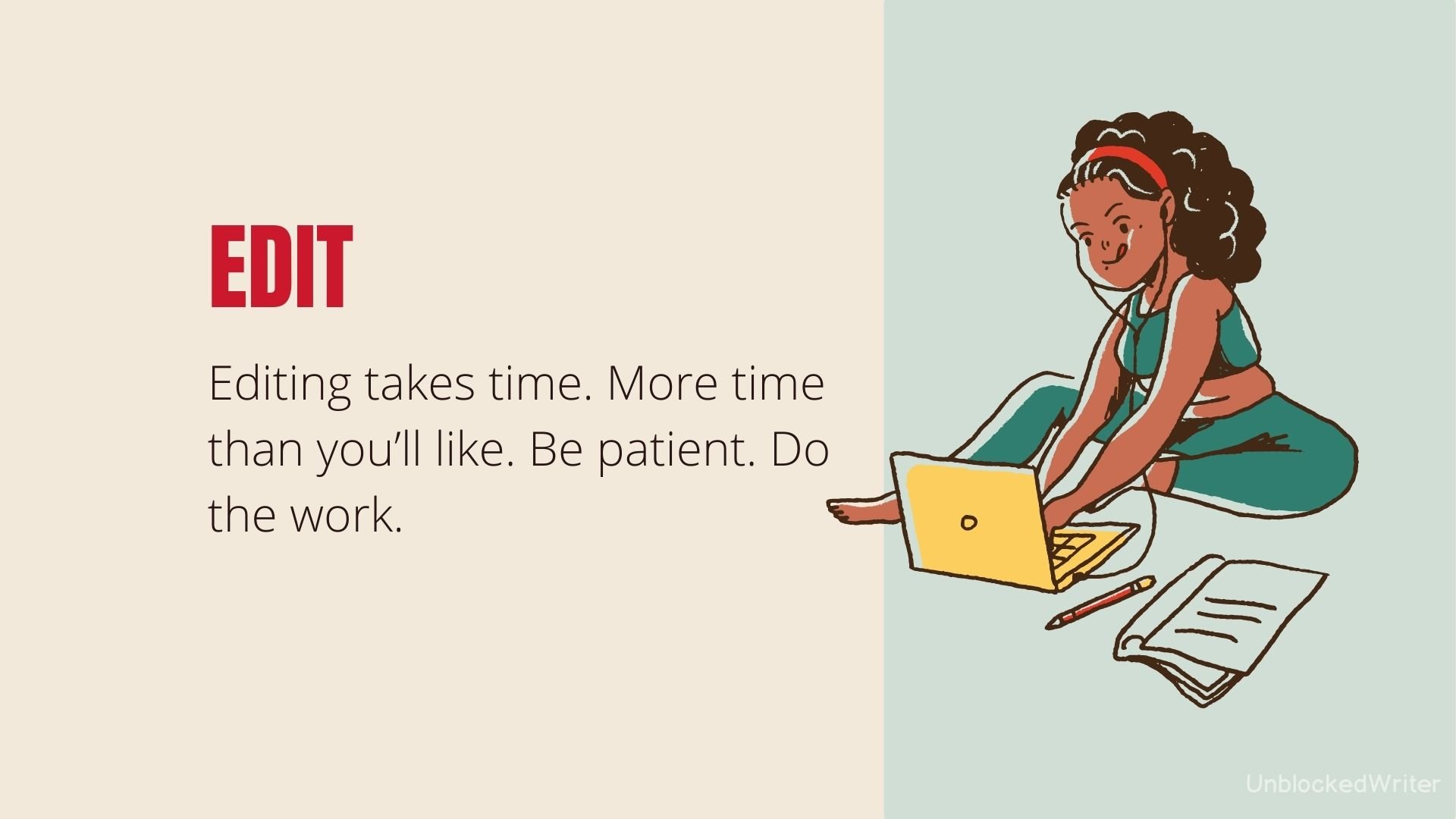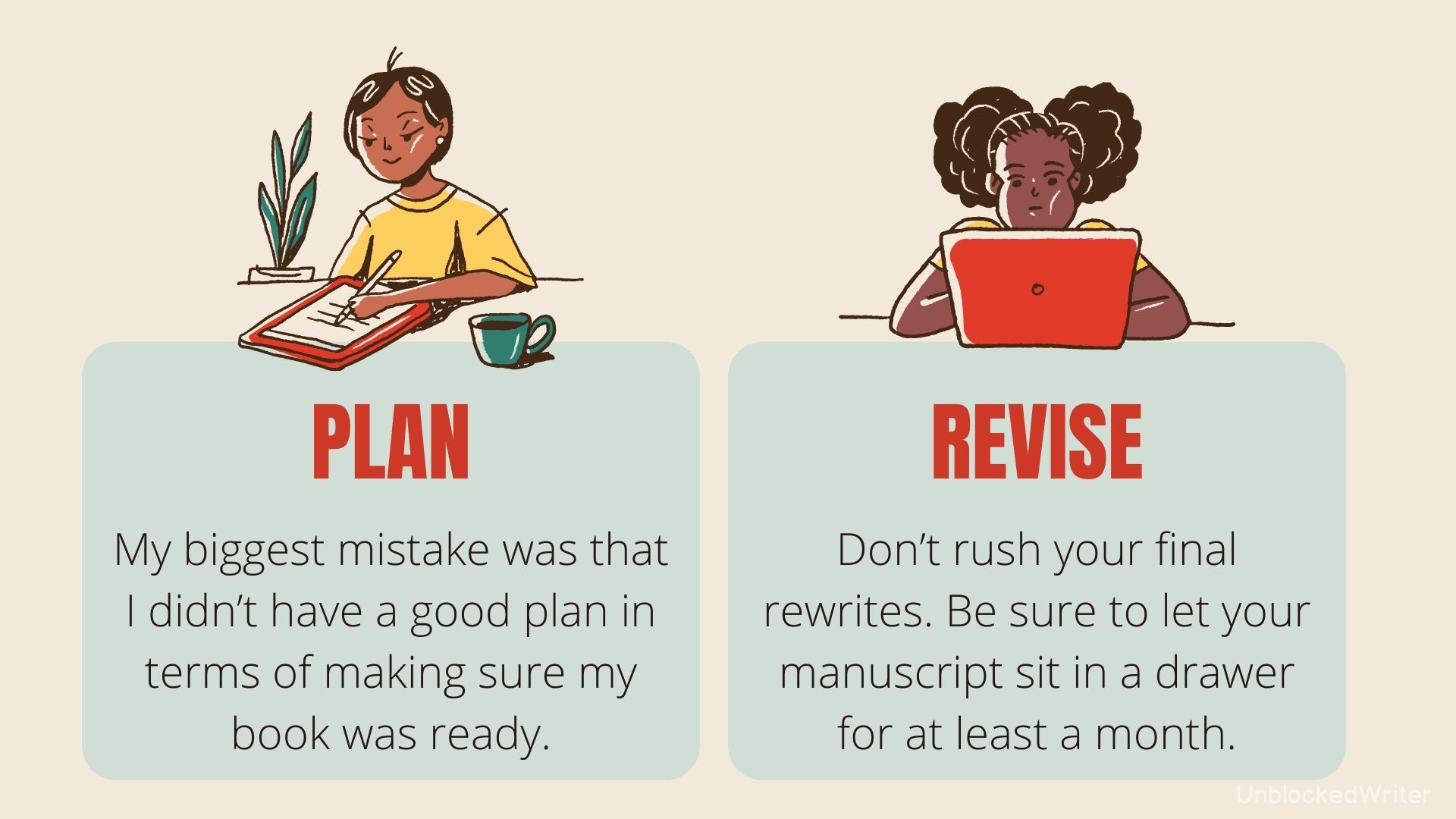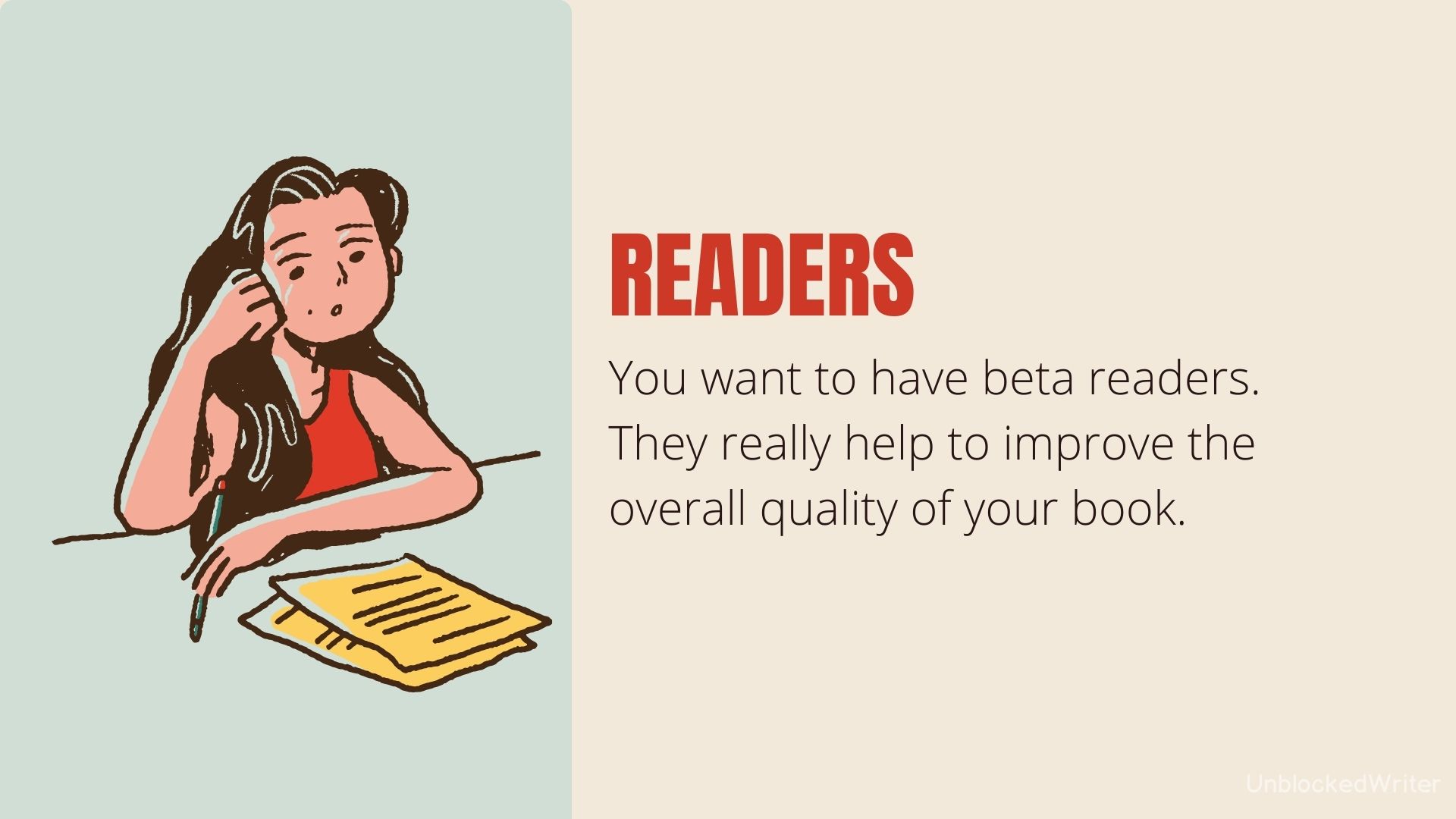It Takes Time: Finishing Your First Novel
It takes time. Finishing your first novel will challenge you in many ways. I offer some lessons learned, in hopes that you can avoid them.
My Debut novel, Private Matters, is done. It took forever. In this post I will go over my five takeaways. This list reflects all of the low points in the process of finishing my novel. Seems to me, every writer has a moment of wanting to give up. I had several of them.
Tip 1: Editing
Editing takes time. More time than you like. There are three important levels of editing. Don’t skip any of them. The first step is developmental or structural, at this step you’ll make sure that your story meets expectations in terms of character, scene, genre and believability. Once you’re sure about having a sound story, it’s time to move to the next step. Nevertheless, getting the story set may take several months. Be patient. Do the work.
The next step of editing is copyediting. This is the doldrums of getting the book done. Rewrite after rewrite, after rewrite. This is where friends and family come into play. Ask for help. You need good readers to gauge your progress. If you’re working with an editor, they will keep you on track, but they too might miss problems or fail to get you to the mark. The solution to this is time.

Tip 2: Don’t Rush
Don’t rush your final rewrites. Be sure to give time away from your work. For me, this was the biggest lesson. Put that manuscript in a drawer for a least a month. Do more rewrites and then put it away again. Let it sit for three months if you can. The time, away from the story is invaluable. After you submit your final edits to your copyeditor. It’s time for proofreading.
My biggest mistake was that I didn’t have a good plan in terms of making sure my book was ready. I rushed to beta, rushed to advance reading copies (ARCs). How did I rush? I rushed because, I did not give enough time for the book to rest. I finished my edits and then sent out the beta. Did some more edits and then sent out the ARCs.
What saved me, was that I had to put my book on hold. It sat for nine months. When I went back to it, I realized how much work it needed. I edited the book, let it sit for two months and then edited again. Then I had it right.
How important is this process? Very important. If you follow it, you’ll have a better book, and with less frustration, and you’ll possibly spend less money. I had four separate rounds of proofreading. Expensive.
Tip 3: Proofreading
Finally, proofreading is the last step. I had my novel proofread four times because I rushed things. Don’t do it this way. Self-publishing is difficult because you’re in control and you are the one making the decisions. Those decisions can cost time, money and worse than that lead to a bad book. Editing is a iterative process. So, remember to do the developmental/ structural, substantive and copyediting before you pay for proofreading.

Tip 4: Beta Books
You want to have beta readers. They really help to improve the overall quality of your book. Remember to get your book to near publishing quality. I did two beta books. My story was solid out of the gate. Yet, I did my beta book as soon as I thought I had a good story. I learned that errors and structural problems are frustrating to beta readers. They are not editors. Next time, I will ensure my book has gone through developmental, copyediting and of course had the appropriate rest period.
If you want to have willing beta readers for your next book, be sure to give them a quality read.

Tip 5: Advance Reader Copy (ARC)
ARCs books, tell the world you are near ready to publish. It gives those who will write reviews a chance to read, review and if they really like it, perhaps promote your book. Like my beta books, I did two ARCs. The first one had too many errors. No loss though, I used them to improve the cover design and layout. They still work for ARCs as long as you add a note saying they may contain errors and does not represent the final edited book.
ARCs may contain errors, but at this point your book should be almost perfect. When you send it out you should have finished all the editing steps. Only one step left here. The final proofread. This means only minor changes. That wasn’t the way for me. I rushed. Tons of edits after my ARCs went out. Edits introduce error. Errors suck. Readers hate them.
Overall, it is important to give every step the time it needs. We all want to get our book out and collect royalties. Yet, I urge every self-publish author to remember, a bad book is worse than no book
The final step is publishing. But what does that really mean in the world of indie publishing? Read my post Working With Small Publishing Houses for answers.


